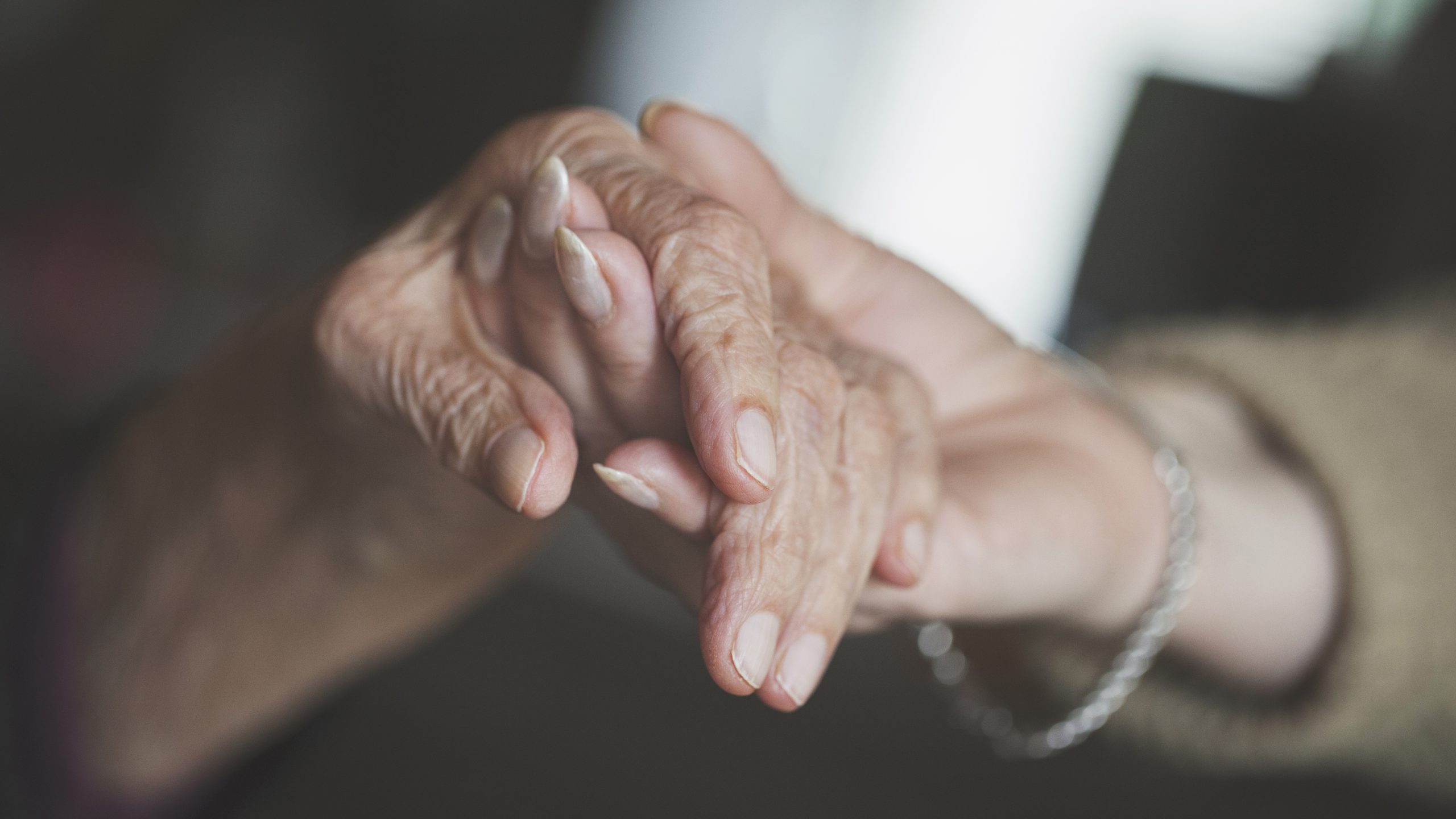A groundbreaking wearable device that can spot Alzheimer’s early could be available in the next few years


A new device that could spot the early signs of Alzheimer’s is currently being developed.
The Early Detection of Neurodegenerative diseases (Edon) project is being supported by Alzheimer's Research UK, and has already won funding from Microsoft’s co-founder, Bill Gates.
Researchers will start by analysing data from studies into the condition, which will then be used to design a prototype for a wearable design (like a smartwatch), in the next three years.
The wearable device will collect data like gait, heart rate and sleep patterns, and scientists hope they can use it to spot the condition, years before symptoms appear.
This is extremely important as advanced Alzheimer’s is generally irreversible, which makes early diagnosis crucial.
Previous research has shown that changes in cognitive, motor and sensory functions occur years before the earliest symptoms can actually be spotted, so having a device that could spot them would make early diagnosis and prevention much easier.

READ MORE: Raynaud’s Disease – could this be the cause of your freezing hands and feet?
Sign up to our free daily email for the latest royal and entertainment news, interesting opinion, expert advice on styling and beauty trends, and no-nonsense guides to the health and wellness questions you want answered.
Edon will initially work with the UK's national institute for data science and artificial intelligence, The Alan Turing Institute, to analyse data.
Prof Chris Holmes, health programme director at the institute, said, "Artificial intelligence has the potential to transform the learning opportunities from large-scale data studies such as Edon by integrating information from multiple sources.
"We will use AI to deliver new insights into the early signals of disease by combining digital data measurements with traditional sources such as brain imaging and memory tests."
Speaking of the ambitious project, Carol Routledge, director of research at Alzheimer's Research UK, said, "Developing digital fingerprints that can be detected using phone apps or wearable technologies like smart watches would provide a low-cost approach to identifying those most at risk of disease.
"Identifying the very earliest changes in these diseases would transform research efforts today, giving us the best chance of stopping these diseases before the symptoms of dementia start to get in the way of life."
Mariana is the managing editor of woman&home. She has previously worked for lifestyle titles including GoodtoKnow covering all aspects of women’s lifestyle - from the Royal Family, beauty and fashion to wellness and travel. She was nominated for AOP Digital Journalist of the Year in 2020, and for New Digital Talent of the Year at the 2016 PPA Digital Awards. She’s mildly obsessed with TV (reality TV shows included) and spends far too much time planning her next trip away.
